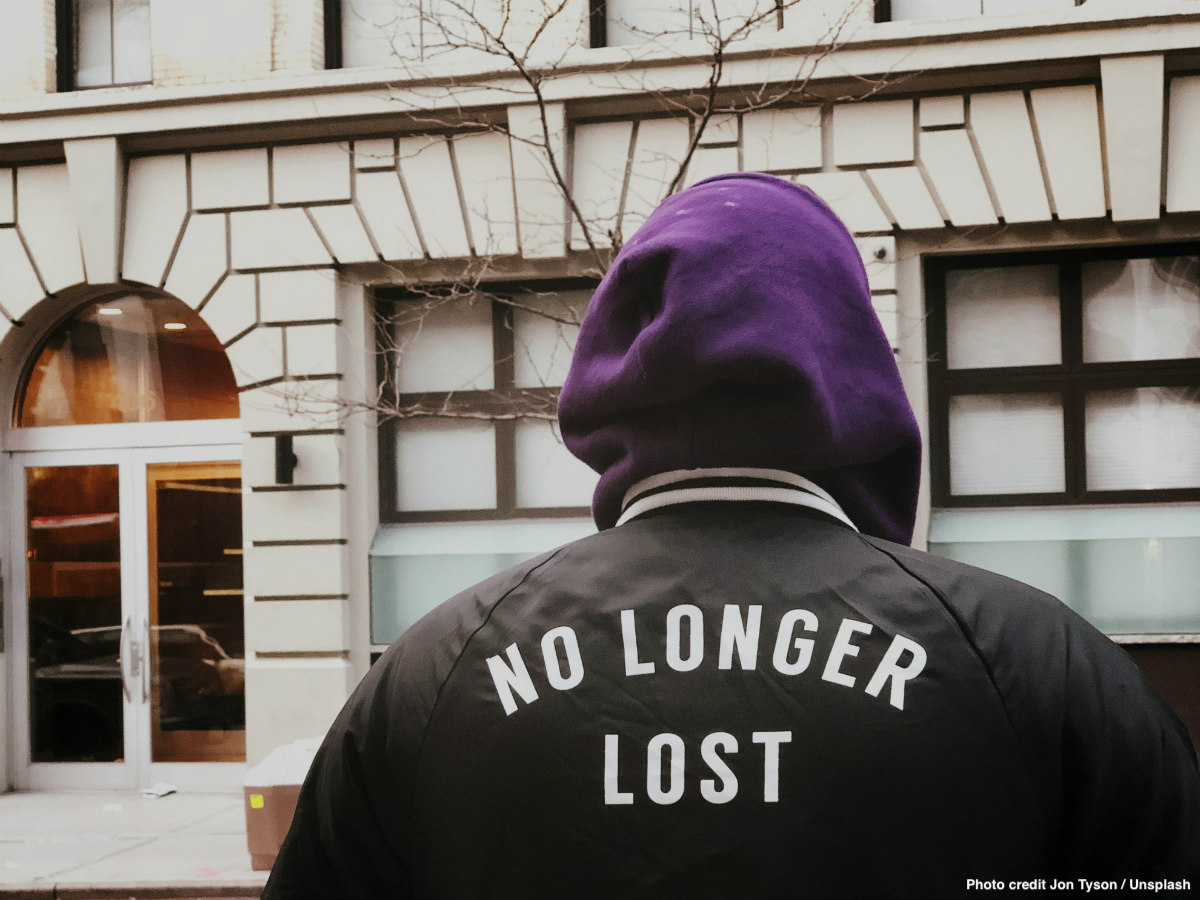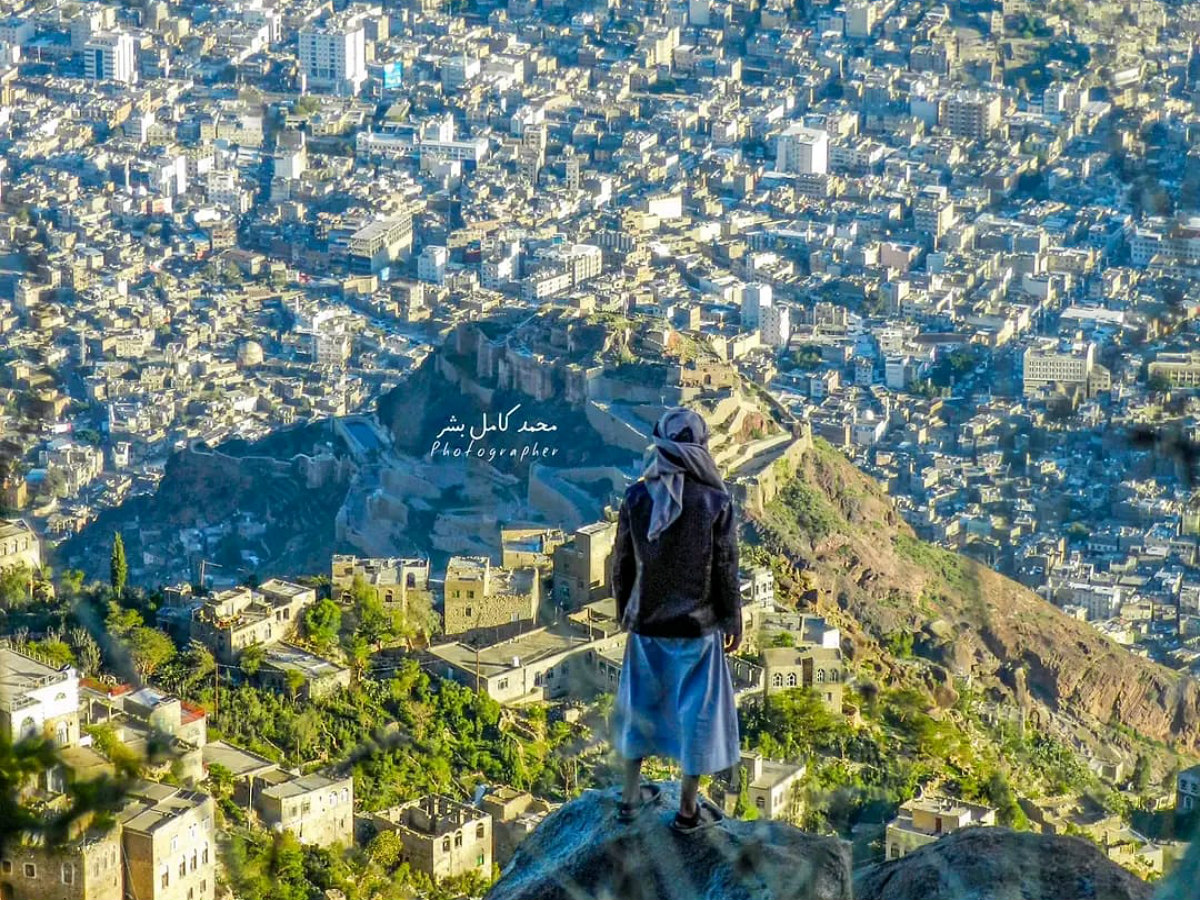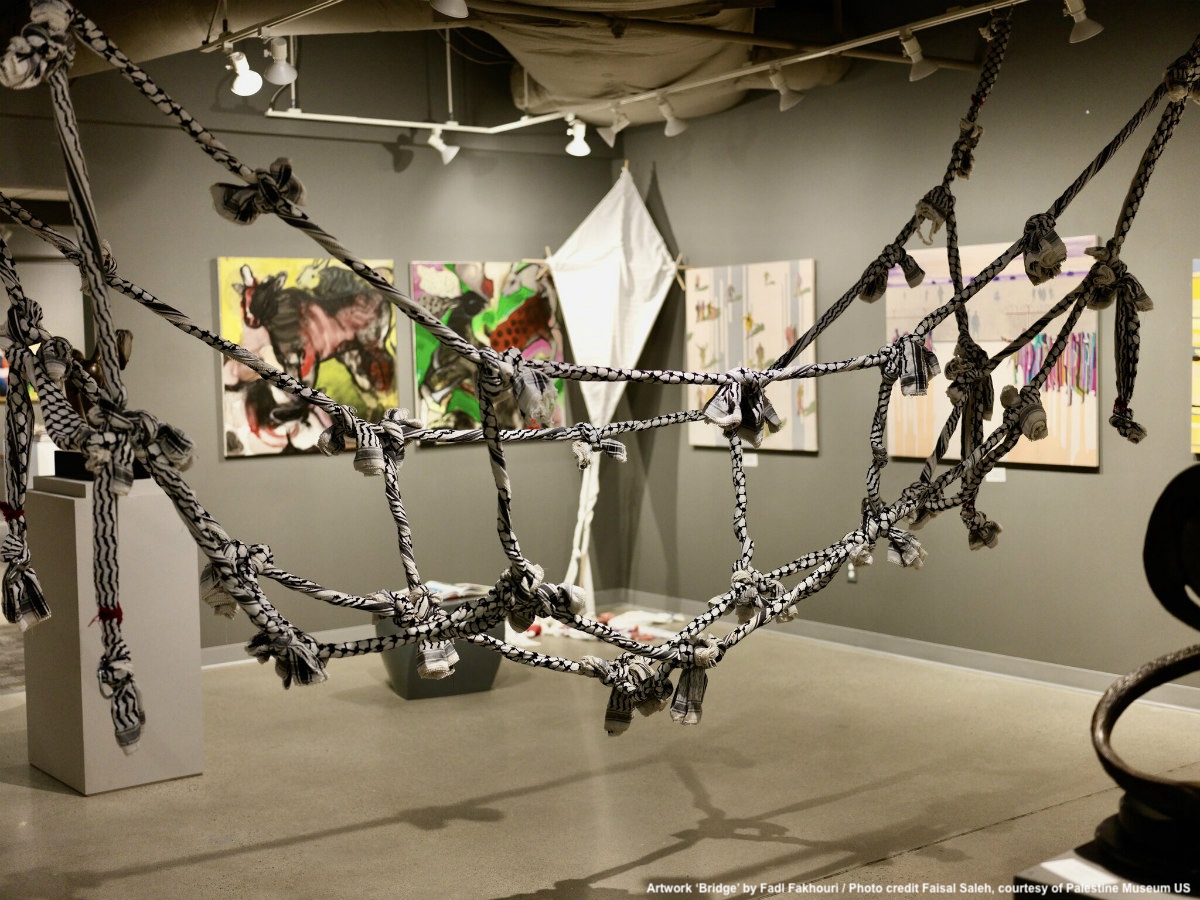A group of students with different faiths have come together on the streets of Munich. They have seduced passersby with free hummus ice cream to start an open conversation and answer questions about their faiths at public space. There are three tables with signs, which read: ask a Muslim, a Jew or a Christian. The students’ intention is to foster tolerance and respect among citizens. Religion is just the starting point.
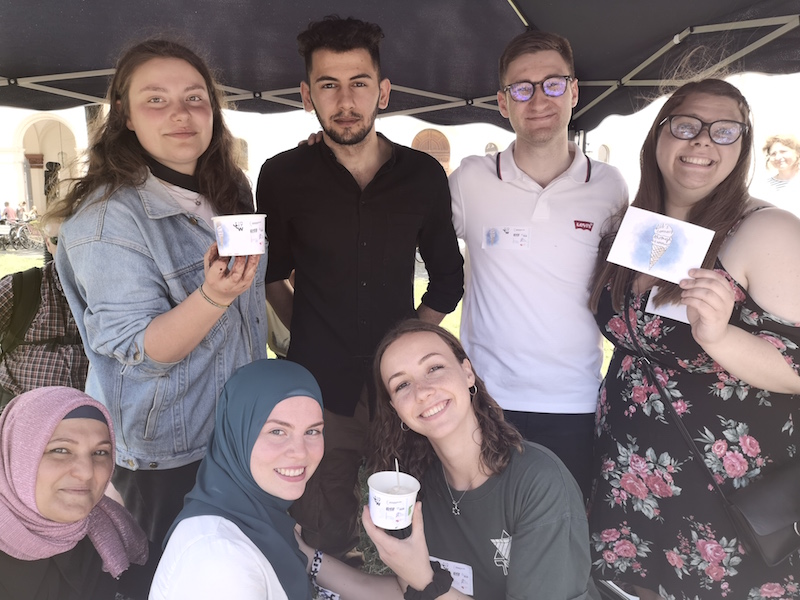
The initiative is part of the Jewish campus week organized by the Jewish Student Union at universities in eight German cities. In Munich Jewish students have brought the initiative to a different level coming together with Muslim and Christian students to show respect on the public space.
Their enthusiasm is overwhelming. ‘We just thought, let’s connect through tasty hummus ice cream and attract people. We want to explain our cultural differences but at the same time we want to show that we are all the same young people sharing a lot of common interests’ explains Nicole, a Jewish student.
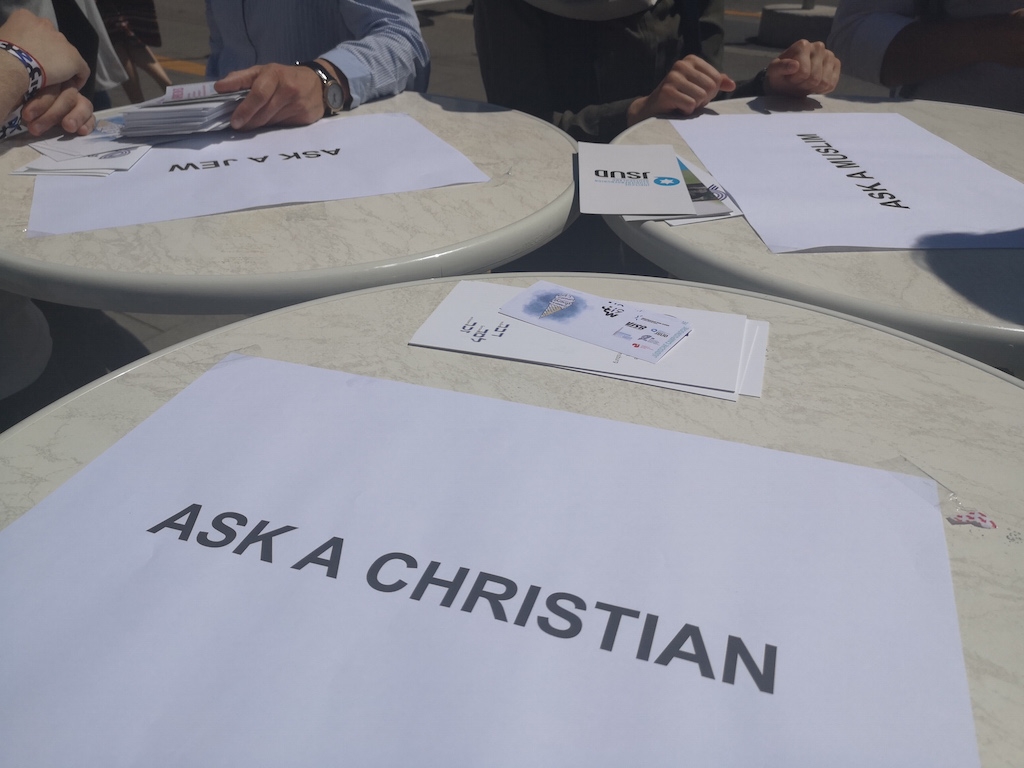
They are standing at the Gewischter-Scholl-Square, in front of the University building, where once the Scholl siblings (Hans and Sophie) were caught by the Nazis for distributing flyers among students against the war and the dictatorship of Adolf Hitler. They were not Jewish but Christian and members of the White Rose, a student group in Munich which was active in the non-violent resistance movement in Nazi Germany.
In post-war Germany, Hans and Sophie Scholl are recognized as symbols of the Christian German resistance movement against the totalitarian Nazi regime.
Not only the location at this symbolic square where the students have displayed their commitment for tolerance and respect has a significance. The students had to stand outside the boundaries of the University Campus right on the border of the public space because it is the willing of the University to remain neutral when it comes to religion.
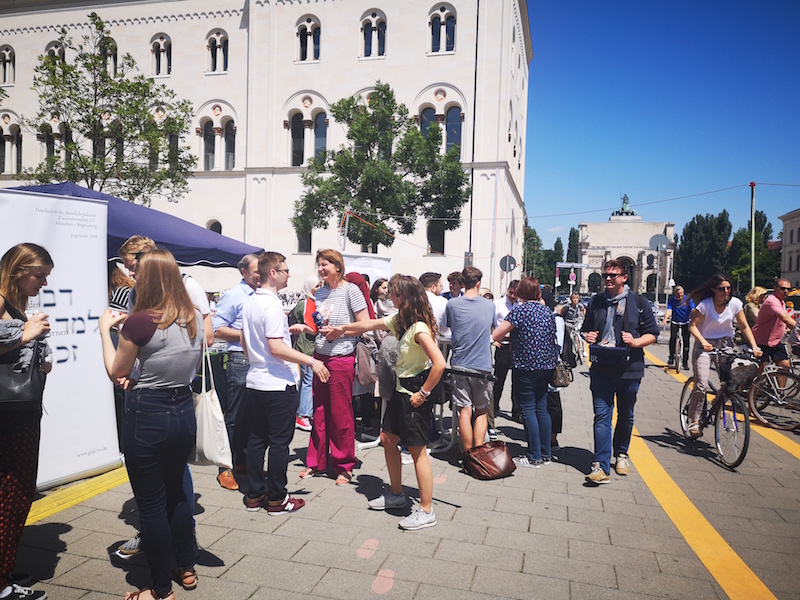
It seems just right that the University doesn’t want to get involved since Academia should ensure a space accessible to everyone. However, ‘since religion has no presence, there is a big disconnection among those students who do not follow any faith and those who have a strong cultural background connected to religion’, explains one of the organizers.
All the information people get about Jews and Muslims is from external sources at a time when there is so much disinformation going on in social media stereotyping and contributing to prejudge. At the site a board contains strong statements: ‘Jews reign the world’ or ‘All Muslims are extremists’. They provoke a reaction in passersby asking for explanations. The space is packed with people.
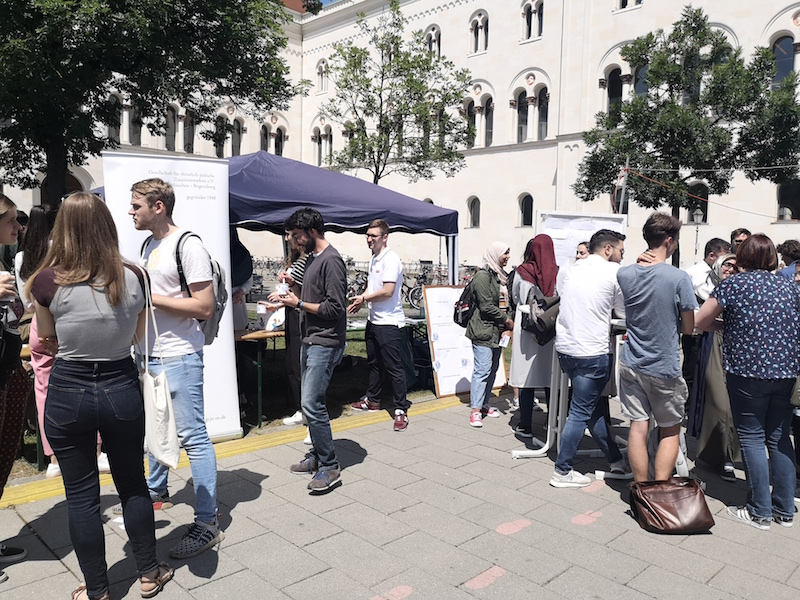
While similar initiatives were held as part of the campus week at universities in other cities like Heidelberg, Düsseldorf, Cologne, Darmstadt, Frankfurt, Giessen and Berlin, the organizers of Dortmund Technical University received a rebuff: A Jewish campus week would go against the university’s neutrality.
But students want to speak out. Because education for tolerance should aim at countering influences that lead to fear and exclusion of others. It is not about religion. We can only tolerate others when we understand their cultural backgrounds and acknowledge differences.
‘Flavours are different, but not everything is a matter of taste. We stand together against prejudice. Get a taste and broaden your mind’, says the initiative’s slogan at the ice cream counter.
Real equality isn’t possible, if we don’t celebrate our differences. The public space seems just the right place to do that.


